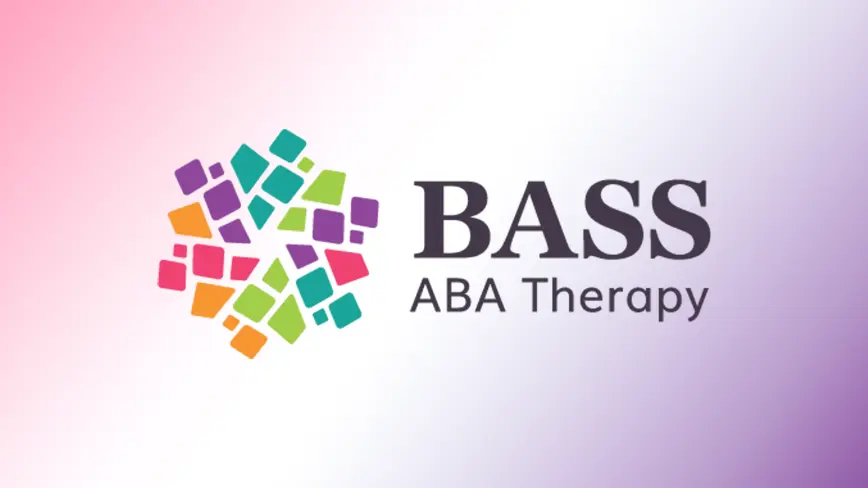As a small ABA therapy practice experiences growth, changes in staff and evolving processes can, unfortunately, lead to the erosion of best practices and efficient workflows. Efficient and effective billing procedures become crucial for success during this expansion phase. Failure to address broken or outdated billing systems and a lack of understanding of the best billing practices can jeopardize the practice owner's aspirations for organizational growth and result in financial losses.
To effectively scale your practice, reevaluating your billing workflows is necessary, as what once worked may no longer be efficient or economical. Establishing a robust billing process aligned with industry best practices becomes essential to support your organization's evolving requirements.
Evaluate Your Current Revenue Cycle Management (RCM) Workflows
Reevaluating your billing practices is the first step to ensuring a robust RCM workflow that will help your organization scale. Ponder the following questions as you evaluate your workflows. Answering these questions will help you determine whether changes are necessary as you continue your organization’s growth journey.
- Integration: Do all aspects of your revenue cycle management seamlessly integrate, or are you working with disintegrated systems? Disintegrated systems tend to result in delays in billing and accounts receivable, affecting your bottom line. Coordination between each aspect of your RCM, from contracting all the way through to collections, can also eliminate redundant tasks and reduce errors.
- Automation: Are your billing practices streamlined and automated? Manual processes can increase the chance of errors. They also require more time and manpower, which can strain a small practice’s resources. Automating your billing can eliminate busy work, allowing your team to devote more time to clinical care and organizational growth.
- Compliance: Are your billing practices compliant with laws, funder guidelines, and other regulatory requirements? Are all members of your organization trained in billing compliance? With so much on the line as you build your practice, billing compliance must be a top priority. Errors and inaccuracies in billing can result in substantial loss of revenue, increased audits, and disrupt your clients’ access to care.
Consider Outsourcing Billing
As you answer the above questions, another important thing to consider is whether to outsource your billing. As your organization expands or develops plans to grow, consider whether your team has the time, knowledge, experience, and resources to handle all billing workflows internally. As billing processes continue to evolve in the healthcare industry, many growing organizations find that outsourced billing takes a great deal of administrative burden off their plates. Reducing administrative tasks can allow you and your team to focus on what matters the most in your growth plan–providing the highest quality care to those in need.
Scale Your ABA Therapy Organization with Best Billing Practices
For more in-depth information on optimizing your billing workflows with considerations for a growing therapy practice, download our guide, Scaling and Growing Your ABA Therapy Organization with Best Billing Practices. Discover how to achieve organizational growth with robust billing practices and workflows.






